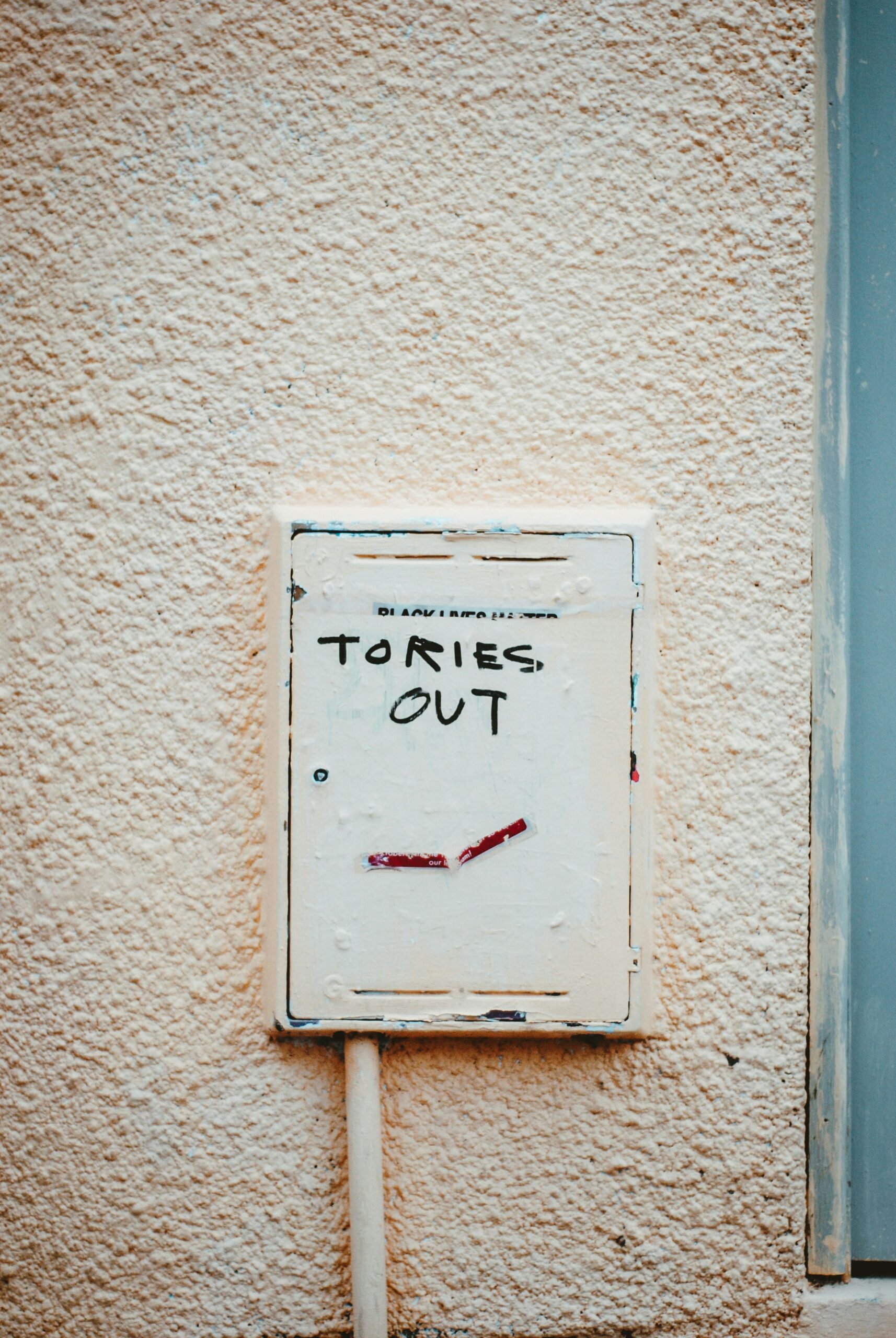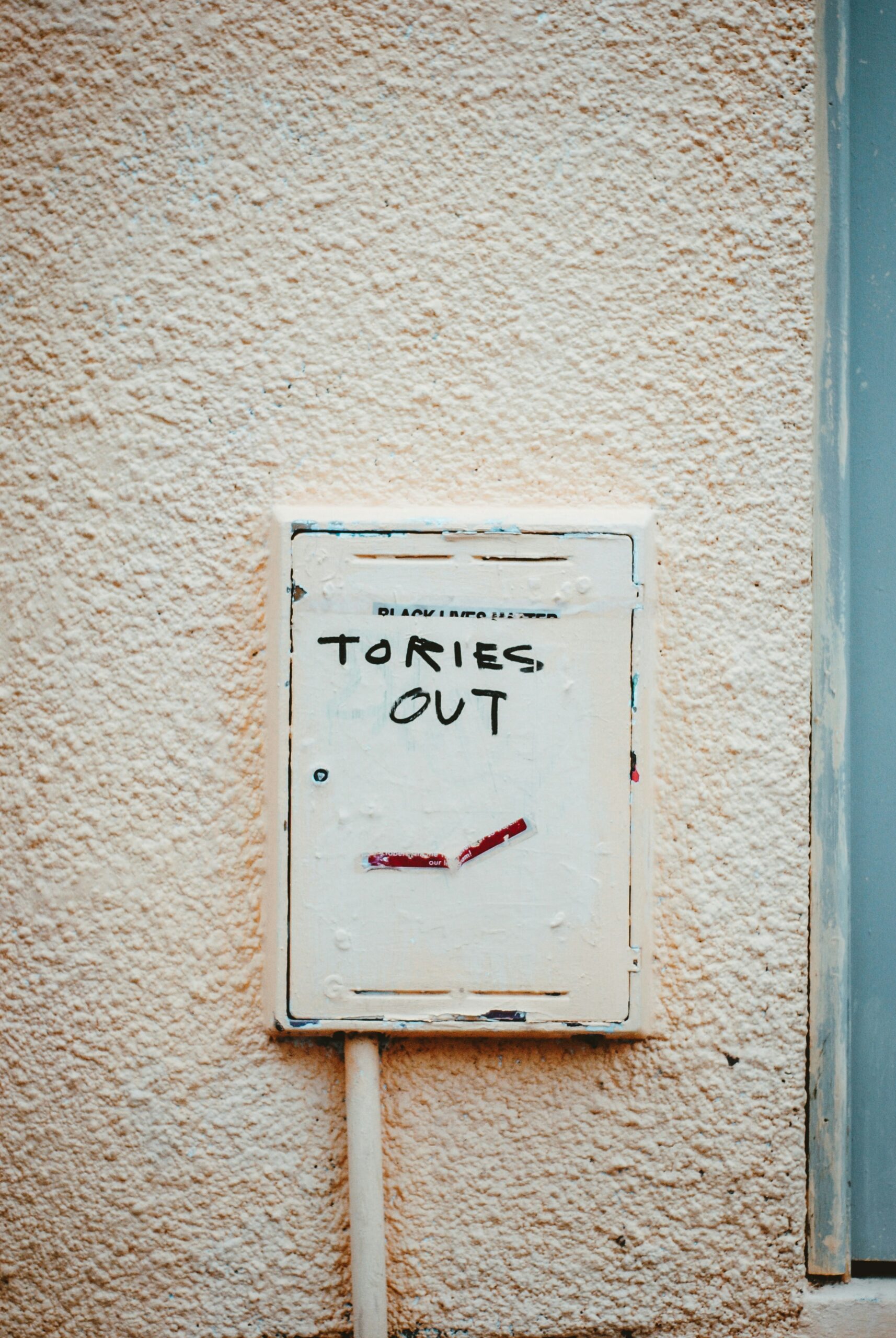
Background of the Interview
The interview between JD Vance and Jake Tapper unfolded against a backdrop of heightened political tension and divergent views on critical national issues. The two figures engaged in a contentious conversation, largely fueled by Vance’s recent remarks concerning military interventions, particularly in relation to Ukraine. Vance’s stance suggested a more isolationist approach, arguing against extensive U.S. involvement in foreign conflicts, a view that resonated with a significant faction of the Republican base, but drew criticism from various political analysts and commentators who contended that U.S. leadership on global issues is essential.
Compounded by Vance’s vocal support for Donald Trump, the interview also touched upon the ongoing debates regarding the former president’s policies and political strategies. Vance, a notable Trump ally, has consistently defended Trump’s approach to governance, often framing it within the context of American nationalism. This allegiance has not only shaped Vance’s political identity but has placed him at the forefront of contemporary Republican discourse.
More informationWhat We’re Watching: The Anticipation of Gaetz’s Ethics ReportThe interview’s significance was heightened by its timing, occurring as voters prepared for the upcoming elections, where issues like foreign policy are likely to be pivotal. The conflicting perspectives offered during this exchange reflect broader divisions within the political landscape, underscoring the challenges both parties face in addressing voter concerns. With issues of national security and foreign relations at the forefront, the stakes were considerable for both participants, as they sought to articulate their divergent viewpoints amidst a polarized audience.
This context sets the stage for understanding the fiery exchange, illuminating the underlying themes of loyalty, policy direction, and the complexities of modern political dialogue.
Key Moments from the Exchange
The recent interview between JD Vance and Jake Tapper has garnered considerable attention, primarily due to the intense exchanges that unfolded during the discussion. One of the pivotal moments occurred early in the conversation when Tapper confronted Vance with statistics about healthcare disparities in America. Tapper’s tone was assertive, presenting a case that challenged Vance’s previous statements. Vance, on the defensive, countered with his own interpretations of the data, insisting that the information presented was misleading and that it failed to consider broader economic factors. This initial clash set the stage for the tone of the rest of the interview, characterized by sharp retorts and a palpable sense of tension.
More informationExplosive Developments: The Hezbollah Pager AttacksAnother significant moment came when the topic shifted to media integrity and bias. Vance claimed that mainstream media outlets, including CNN, often prioritize sensationalism over factual reporting. Tapper, visibly taken aback, defended the integrity of his network, arguing that responsible journalism is paramount. The back-and-forth highlighted a fundamental disagreement regarding the role of media in shaping public discourse. Tapper’s insistence on editorial integrity contrasted sharply with Vance’s broader critique of media practices, further escalating the debate.
As the conversation progressed, it became apparent that both participants were not only defending their positions but also attempting to sway public opinion. The tone shifted to one of urgency when discussing the implications of these media narratives on political polarization in America. Vance expressed concern that negative media portrayals could undermine trust in institutions, while Tapper suggested that transparency and accountability were necessary to rebuild that trust.
These key moments encapsulate the heated nature of the Vance-Tapper exchange, showcasing the contentious dialogue that emerged around media integrity and public trust. The intensity of the discussion served to underline deeper societal themes such as misinformation and the responsibilities of media in informing the public.
More informationUkraine’s Strategic Strike: A Turning Point in the ConflictPublic and Political Reactions
The fiery exchange between JD Vance and Jake Tapper during the recent interview has sparked a wave of reactions across social media platforms and among political commentators. Many users took to Twitter, sharing their opinions on the confrontation, with some expressing support for Vance’s stance, while others condemned his approach, arguing that it undermined the credibility of political discourse. The incident has highlighted the polarization present in contemporary American politics, with supporters and detractors engaging in heated debates online, reflecting their views on both Vance’s and Tapper’s respective roles in media and politics.
Political analysts have also weighed in on the implications of this exchange for both figures involved. Some argue that Vance, a Republican Senate candidate, may have positioned himself as a defender of conservative viewpoints, appealing to a base that is increasingly wary of mainstream media. Others caution that his aggressive tactics might alienate moderate voters who favor a more civil discourse. As for Tapper, his approach has been scrutinized, with some praising him for holding political figures accountable, while others accuse him of bias and failing to maintain impartiality, a cornerstone of journalistic integrity.
This confrontation raises important questions about network integrity and the role of political interviews in shaping public perception. Many commentators suggest it underscores existing concerns regarding media transparency, as viewers begin to wonder whether news organizations are platforms for genuine dialogue or merely arenas for partisan battles. The broader ramifications of this exchange could affect public trust in media outlets and influence how political figures engage with reporters in future interviews. Ultimately, the dynamic between politicians and journalists plays a crucial role in shaping the national conversation, making it imperative to assess the impact of such fiery exchanges on public discourse moving forward.
More informationThe Implications of John Ratcliffe’s Appointment as CIA DirectorImplications for Future Interviews and Media Accountability
The recent exchange between JD Vance and Jake Tapper has raised significant questions regarding the nature of political interviews and the accountability of media outlets. This confrontation underscores the necessity for journalists to uphold integrity while navigating the complex landscape of political discourse. Moving forward, it is essential for media professionals to recognize the impact their interviews have on public perception, as the media serves not only as a source of information but also as a conduit for political narratives.
The dynamic between politicians and the media is continually evolving. Interviews are no longer merely platforms for information dissemination; they have become arenas for confrontation and debate. This shift necessitates a reevaluation of how journalists prepare for interviews and how they frame questions. The exchange between Vance and Tapper exemplifies that a fierce discourse can engage audiences, potentially polarizing public opinion. Hence, it becomes imperative for journalists to balance the need for confrontation with the responsibility to provide context and clarity, ensuring that the audience receives a well-rounded perspective.
Moreover, this incident emphasizes the urgent need for media accountability in reporting. The scrutiny surrounding journalistic practices is intensifying, and audiences increasingly demand transparency and fairness. Ensuring that interviews are conducted with a commitment to impartiality is essential for maintaining credibility. Journalists must strive to hold politicians accountable while also being transparent about their methods and intentions. The relationship between media and the political sphere will undoubtedly face challenges, especially as the public’s trust in traditional media continues to wane.
More informationUnderstanding the Recent Wave of School Closures: A Trend AnalysisUltimately, this fiery exchange signifies a critical point in the discourse surrounding media ethics. As journalists adapt to this changing landscape, the focus must remain on fostering integrity, transparency, and accountability to fortify public trust in political reporting.
More information5 Startling Revelations: How Trump’s Butler Rally Affects Our Rights and Security- The Story Behind COP29’s Last-Minute $300 Billion Deal
- Trump's Treasury Pick, Traders Cheer, More
- Israel, Hezbollah Close to Cease-Fire, Envoy Says
- UK Businesses Doing 'Damage Control',Markets Bet on Bessent,More
- Barclays fined £40mn after dropping challenge over Qatar fundraising
- Inside the Blood Sport of Creditor-on-Creditor Violence
- Pro-Russia hard-right candidate tops Romanian presidential poll
- UniCredit makes offer for Italian rival Banco BPM
- UK property sector hit by fears of resurgent inflation
- The Northvolt dilemma: can European EVs avoid relying on Asian batteries?
- New Universal Theme Park Featuring Mario And Harry Potter Opens In May—Here’s What We Know
- 13 Best Flower Delivery Services To Show Your Love From Miles Away
- What We Know About The Nicki Minaj-Megan Thee Stallion Feud—From ‘Hiss’ To ‘Big Foot’
- Taylor Swift At The Super Bowl: The Conspiracy Theory, Explained
- Crypto Is Suddenly Braced For A Huge China Earthquake After Bitcoin, Ethereum, XRP And Solana Price Surge
